Business Law > Presentation > TLAW 401: BUSINESS LAW: Week 3 Contract law - Essential Elements (All)
TLAW 401: BUSINESS LAW: Week 3 Contract law - Essential Elements
Document Content and Description Below
By the end of this lecture you will be able to: Identify 6 pre-requisites for a valid contract [agreement (offer and acceptance); intention; consideration; legal capacity; genuine consent and legal ... purpose] Distinguish between types of contracts Simple; Formal; Bilateral; Unilateral Distinguish an offer from other proposals Explain the rules relating to offer Explain when an offer can be revoked or lapse Explain when acceptance of an offer has occurred Explain the rules relating to acceptance Offer and acceptance Intention to be legally bound – parties must have intended their agreement to be serious and enforceable (legally binding in a court) Consideration – something of value (as recognised by law) must pass between the parties Capacity to contract – parties must be capable of entering into a contract (ie. Must be of age and have no legal restraints) Genuine consent – parties must understand the agreement and voluntarily contract, otherwise unenforceable Legality of contract – agreement must not be contrary to law (ie. Illegal), otherwise unenforceable If any of 3 essential elements are missing = no contract at all (void) – If any of the remaining elements are missing = contract may be set aside; become unenforceable if hallenged (voidable) – Means contract is valid but has something wrong with it; party can refuse to perform if they wish (for eg, if the person was misled, drunk, ill or mentally disabled at the time) Common law principles (case law) Equitable principles (case law) Statute law (dealing mainly with consumer protection; supply goods or services to consumers) State: Sale of Goods Act; Fair Trading Act; Contracts Review Act Commonwealth: Competition and Consumer Act 2010 (Cth) – includes Australian Consumer Law (ACL) To offer: certainty and predictability when someone is induced to do something because of promises made. Contract law secures the promise made when someone has relied on that promise and performed an act. Formal contracts – written agreements; signed, sealed and delivered(consideration not required); also called a deed or contract of record Simple contracts – oral agreements or partly oral/written or made by conduct (consideration is essential) Bilateral or unilateral contracts – are both parties required to perform promises exchanged (bilateral = a promise for a promise ) or is there only one promise to be fulfilled (unilateral)? For eg of latter, free gifts to first 20 customers; first 20 customers can claim simply by turning up. Executed and executory contracts – has the contract been executed (ie. performed or carried out), or is the promise yet to be fulfilled (executory)? For eg of latter, the car is yet to be paid for and delivered. Void and voidable contracts – Void and voidable contracts – if an essential element of contract is missing, contract is void (unenforceable). If any other element of the contract is missing (for eg, genuine consent), then contract is voidable (capable of being unenforceable) at the option of the affected party A contract by deed (formal contract), such as a trust deed, is a written promise on paper that is signed, witnessed, sealed and delivered Validity of formal contracts depends on Compliance with formal requirements (see above); whereas simple contracts have no formal requirements Unlike simple contracts which requires consideration to be enforceable, contract by deed requires no consideration (ie. can make ‘free promises’) No – unless it is a formal contract; or –if writing is required under statute (for eg: contract for the sale/purchase of land [all real estate contracts]; Home building contracts Consumer credit contracts contract for guarantee Agreement made in consideration of marriage Without writing, such contracts are void [of no legal effect] Offeror: person who make an offer Offeree: person to whom an offer is made Counter-offer: an offer made in response to an offer a counter-offer terminates (“kills”) the offer What is an offer? Invitation to a person(s) to enter an agreement on certain terms What is an acceptance? agreement to contract on the terms specified in the offer Invitation to treat: statement inviting offers (ie. Invitation to others to make an offer) The policy behind the ‘Offer and Acceptance’ analysis is that there must have been consensus ad idem - a “meeting of minds” - between the parties before they will be held bound to an agreement, i.e.: the offeree knew what the offeror proposed before accepting the offer; and the offeror was aware that the offeree had accepted the offer Goods on the shelf are an invitation to treat Customers ‘offer to buy’ when they take goods to the counter and at that point the cashier decides whether to accept their offers or not (Boots Cash Chemist case) Goods displayed in shop window “it is perfectly clear that according to the ordinary law of contract the display of an article with a price on it in a shop window is merely an invitation to treat. It is in no sense an offer for sale … (Fisher v Bell). The customer makes the offer, which will become a contract if the shop accepts it. [But note: shop may be liable under s 18 of Australian Consumer Law (Cth) for misleading or deceptive conduct] Silence (no communication of acceptance)? See case of Felthouse v Bindly (1862) Request for information: See case of Stevenson, Jacques & Co v McLean (1880) Counter-offer? See case of Hyde v Wrench (1840) Conditional acceptance? See case of Masters v Cameron (1954) Can occur in many ways: Counter-offer (see Hyde v Wrench) Revocation of offer (see Byrne v Van Tienhoven) Uncertain or incomplete terms if there is no sensible, precise meaning to words used in agreement, such ambiguity can destroy the contract. Court can hold contract is ‘void for uncertainty’ if it has great difficulty in working out what exactly was agreed to. Lapse of time (see Ramsgate Hotel Co v Montefiore) Death of offeror or offeree before acceptance unless offer was made to the person and their estate, in which case the executor/administrator of estate may accept offer even after death of offeree). Essentials of Contract Law (Part 2) Legal Intention to be bound (to the contract) Test for determining intention [Show More]
Last updated: 1 year ago
Preview 1 out of 48 pages

Reviews( 0 )
Document information
Connected school, study & course
About the document
Uploaded On
Sep 13, 2019
Number of pages
48
Written in
Additional information
This document has been written for:
Uploaded
Sep 13, 2019
Downloads
0
Views
106

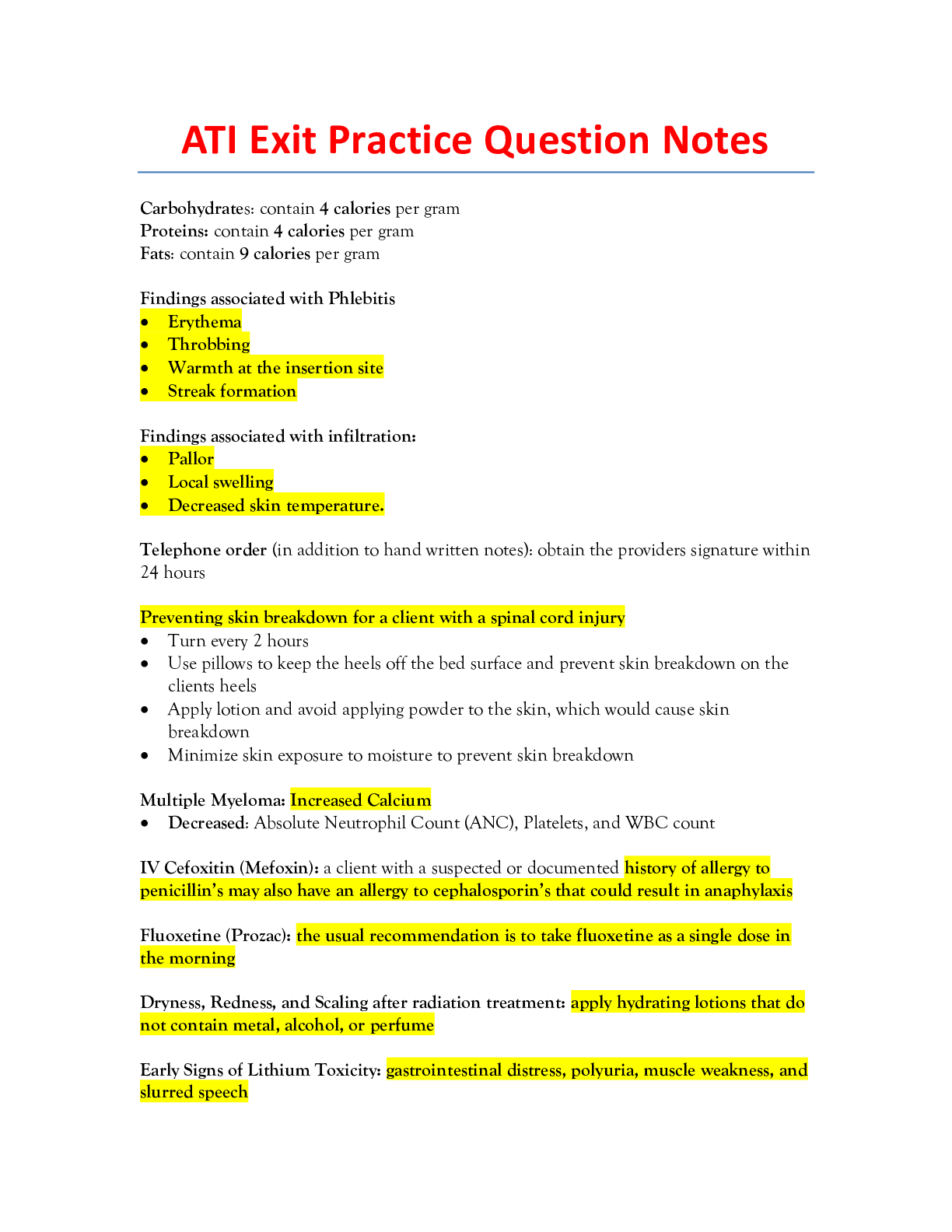




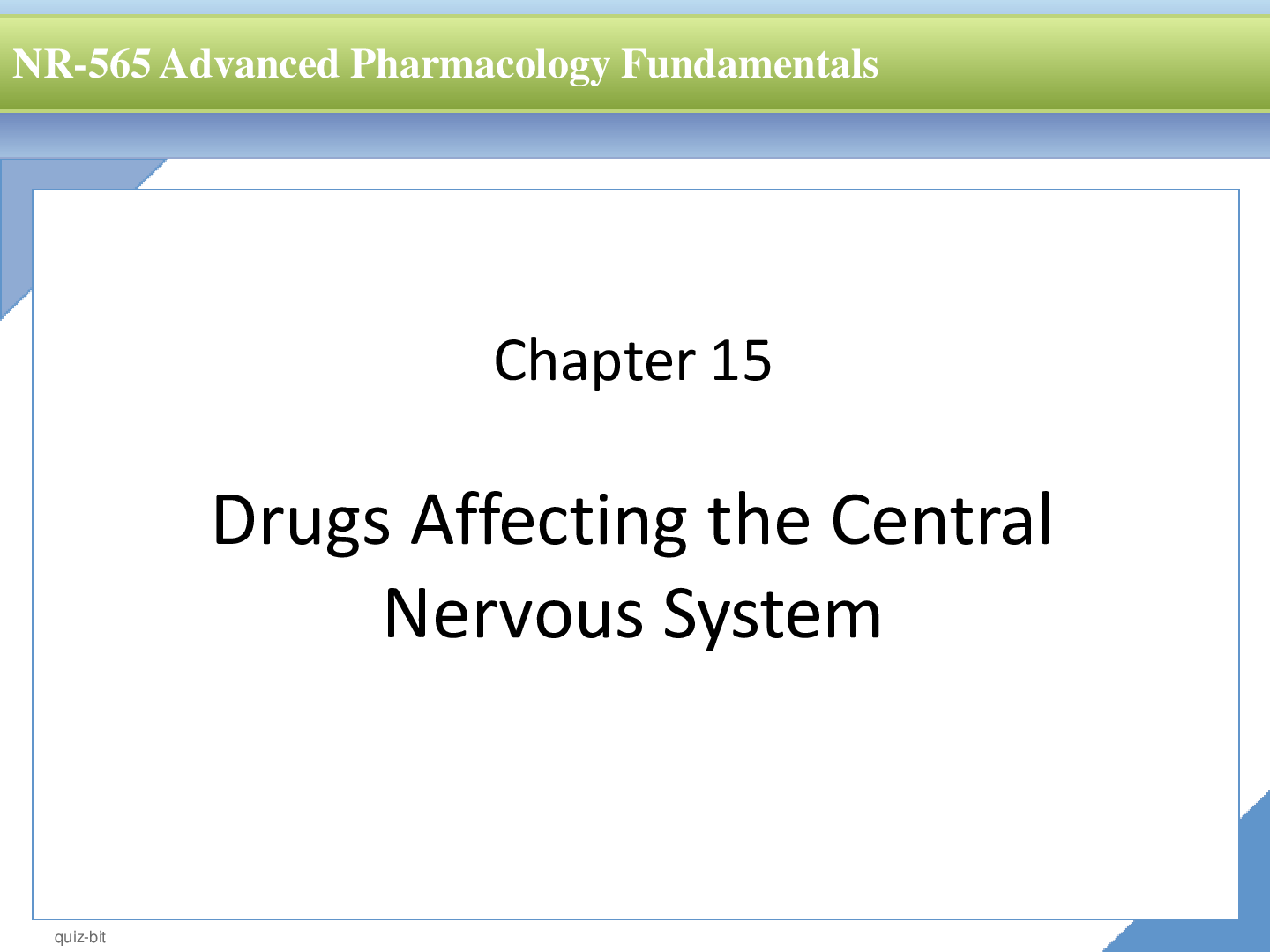
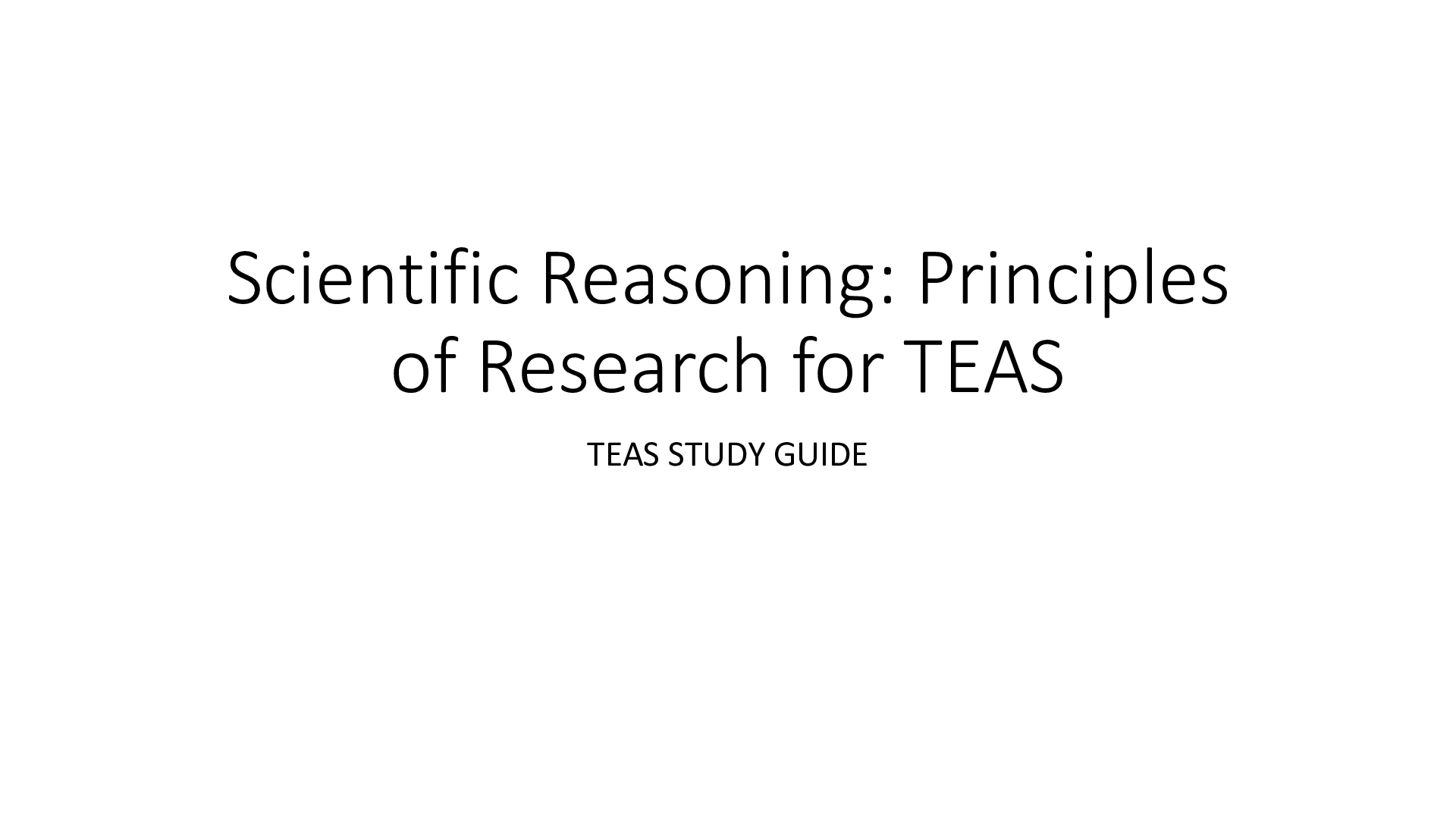



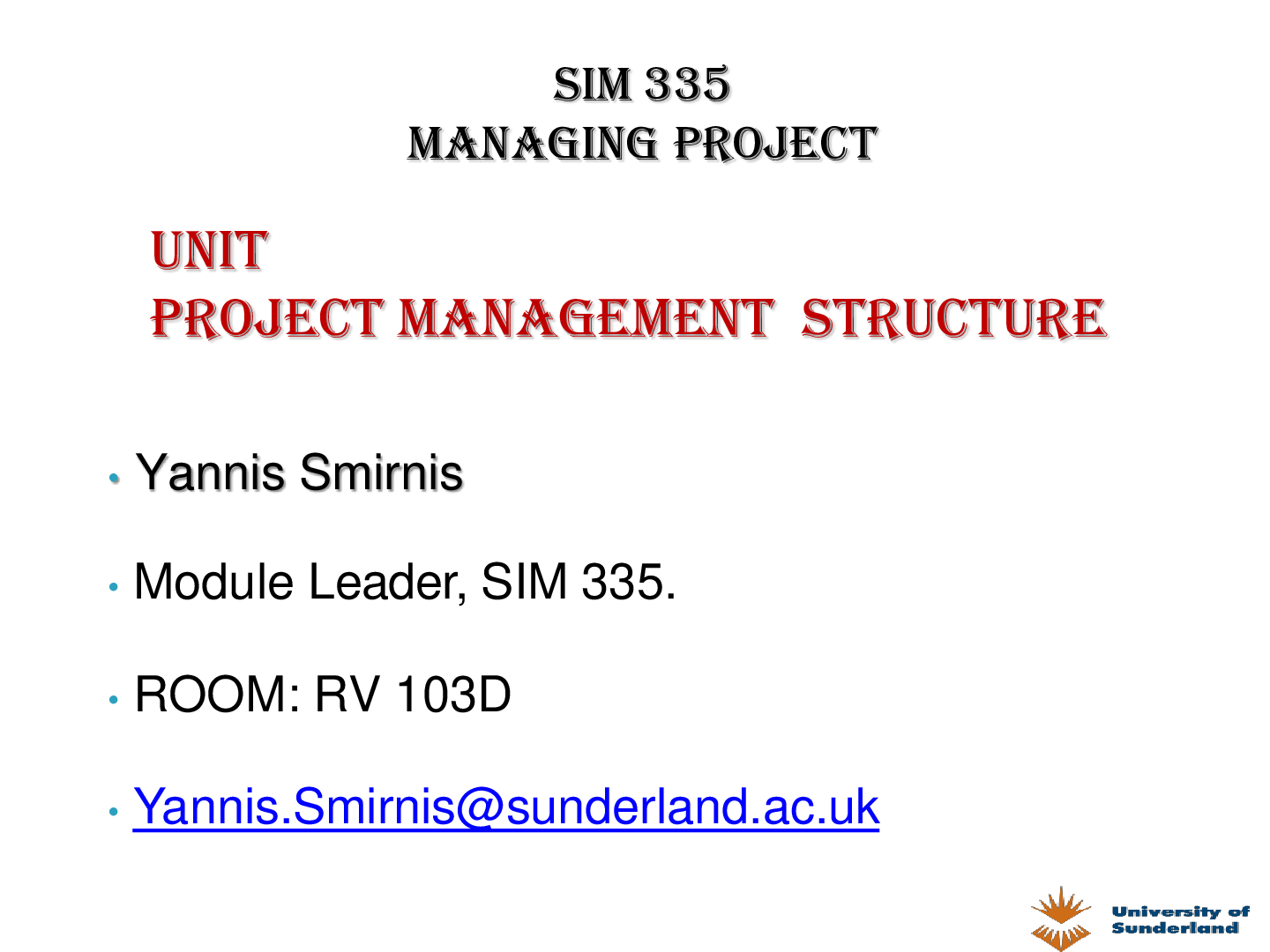


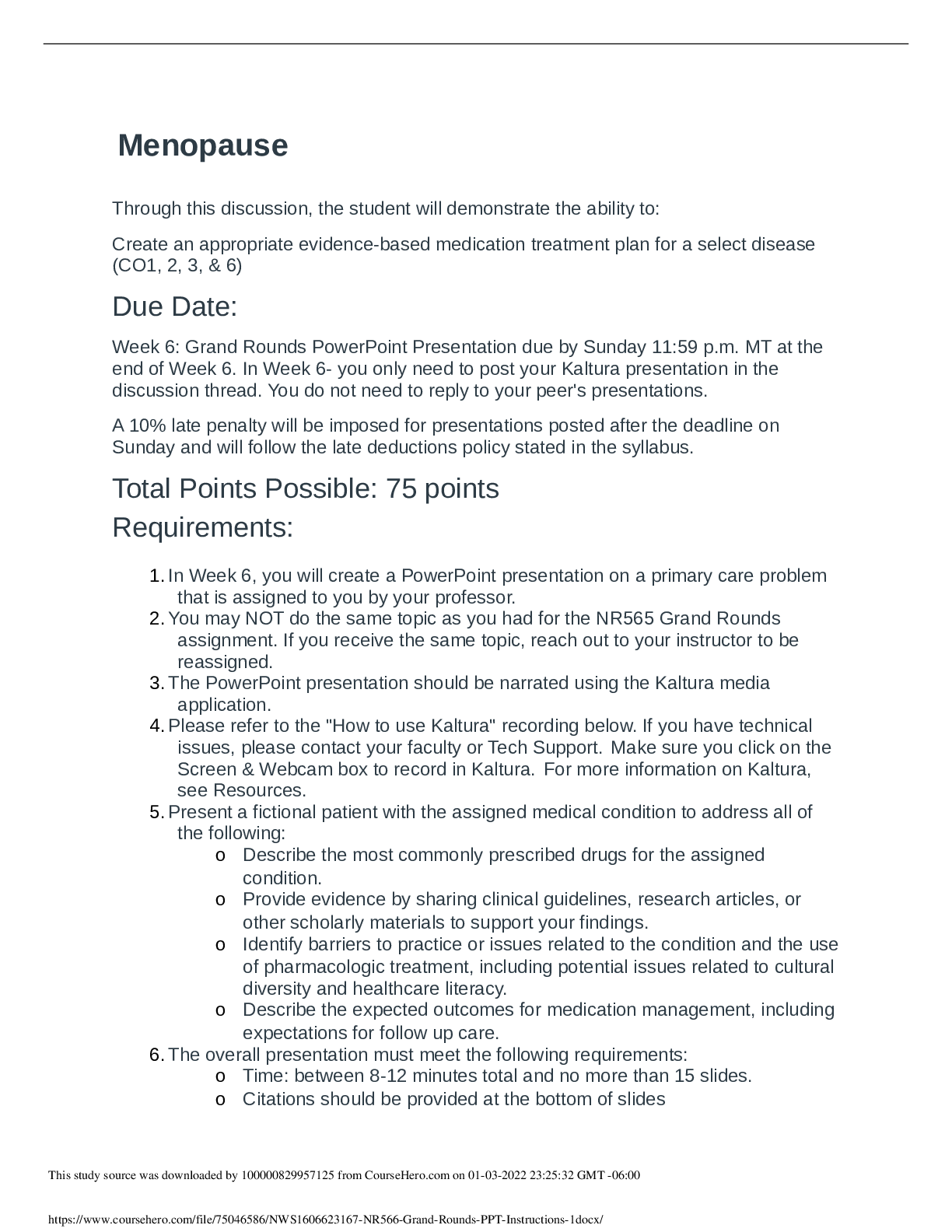
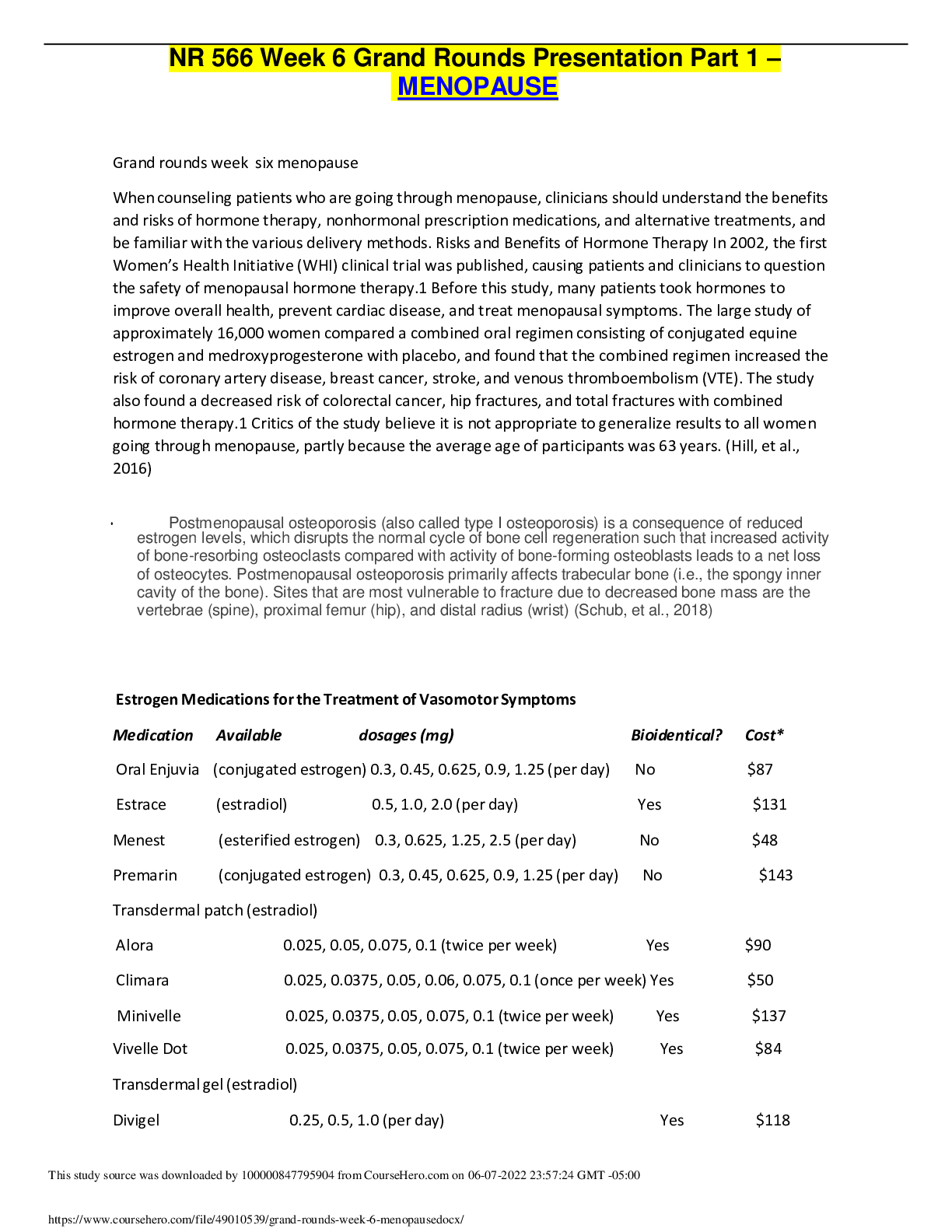





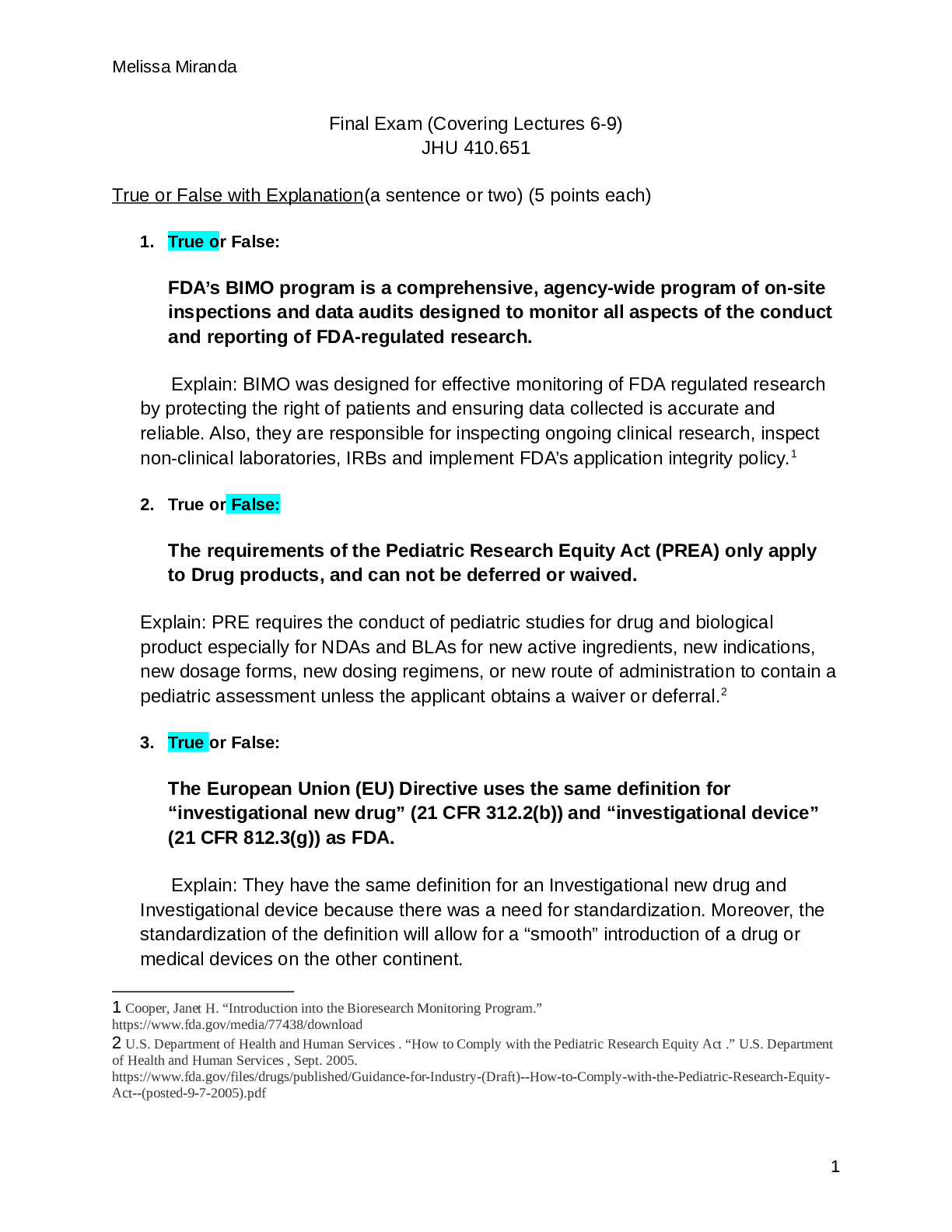
.png)
 (1).png)

